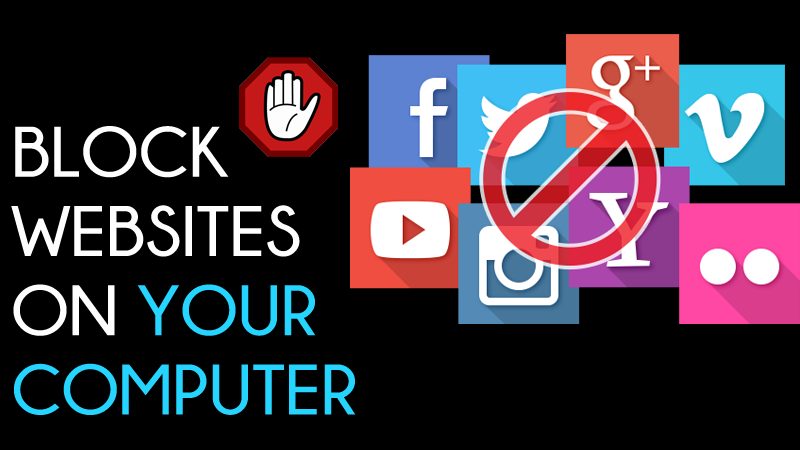- Have any questions?
- (Prasad) +91 96191 46851 | (Parag) +91 99878 20022
- support@pnpwebdesign.com
How to Block a Website – Taking Control of Your Online Experience:

Website Designer is Crafting Digital Experiences the World
October 23, 2023
Website Speed Tests Need for Speed Navigating the World
October 23, 2023How to Block a Website – Taking Control of Your Online Experience:

The internet is a vast and wonderful place, but “How to Block a Website” not without its pitfalls. Sometimes, blocking a website is necessary to maintain focus, protect your privacy, or create a safer online environment. In this blog post, we’ll explore the methods and tools for blocking websites, whether you’re a parent looking to safeguard your children or an individual aiming to boost productivity.
Why You Might Want to Block a Website
There are several reasons why you might want to block a website:
1. Productivity: Distractions from social media, news, or entertainment websites can hinder your productivity. Blocking them can help you stay on track.
2. Privacy: Certain websites may track your online activities or collect personal information. Blocking them enhances your privacy.
3. Parental Control: Parents often block websites to protect their children from harmful or inappropriate content.
4. Distractions: For individuals with internet addiction issues, blocking specific websites can help curb the urge to visit them.
How to Block a Website: Methods and Tools
**1. Using Browser Extensions:
- Browser extensions like StayFocusd (for Chrome) and LeechBlock (for Firefox) allow you to set specific time limits or block access to certain websites.
**2. Operating System Restrictions:
- You can block websites at the operating system level. For instance, on Windows, you can edit the ‘hosts’ file to redirect a website to 127.0.0.1.
**3. Router Settings:
- If you want to block websites on your entire network, you can configure your router to do so. Most routers have parental control or website blocking features.
**4. Third-Party Software:
- Various third-party software, such as Cold Turkey and Freedom, provide in-depth website-blocking features with scheduling options.
**5. Built-In Browser Features:
- Some web browsers come with built-in features that allow you to block specific websites. For example, in Chrome, you can use the “Block Site” extension.
A Human Approach to Website Blocking
While website blocking tools are practical, it’s essential to recognize that a human approach is just as vital. Clear communication with children or family members about why certain websites are blocked is crucial. Setting realistic boundaries and encouraging healthy online behavior fosters a balanced approach to website blocking.
Conclusion
Blocking a website can be a powerful tool to regain control over your online experience. Whether you’re seeking increased productivity, enhanced privacy, or safeguarding your family, the methods, and tools available make it more accessible than ever.




